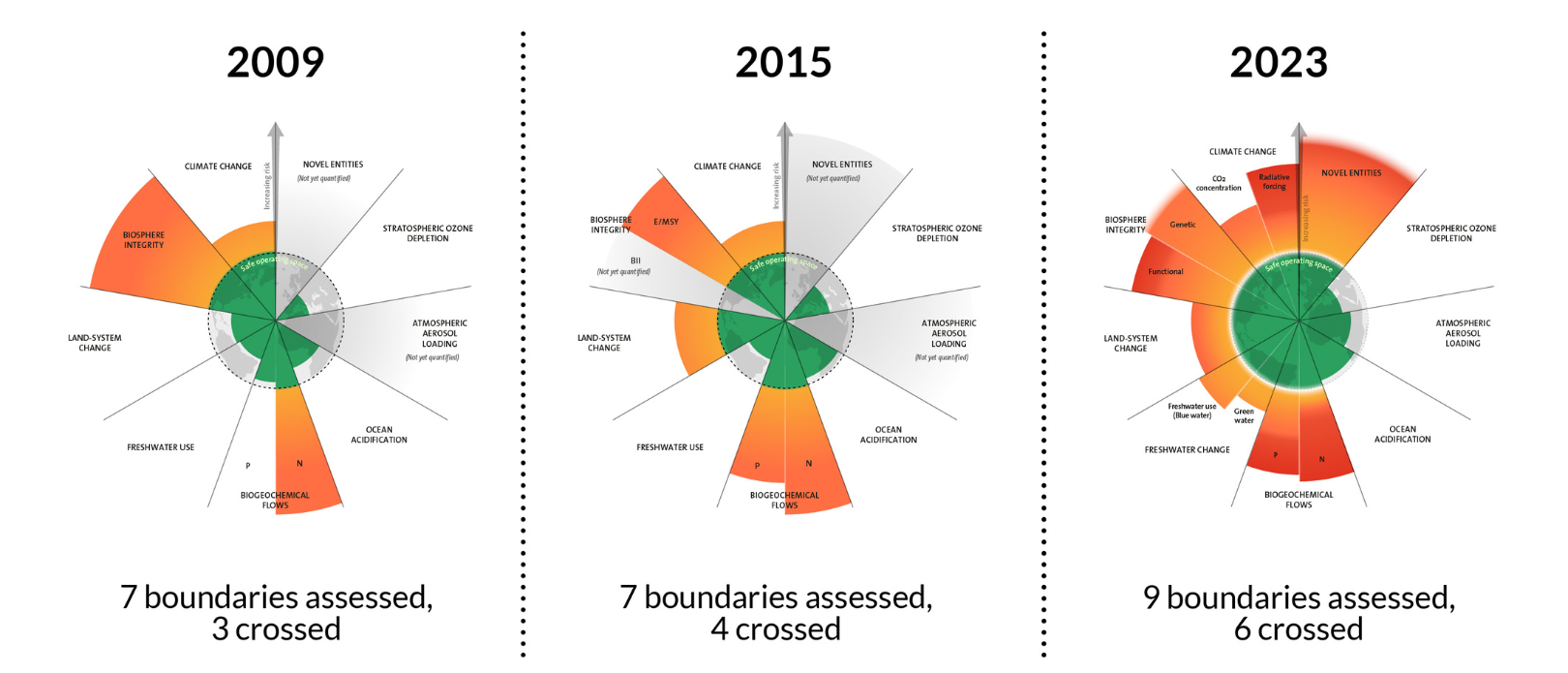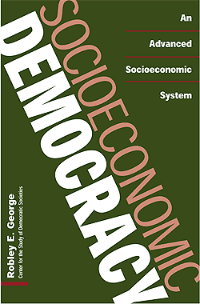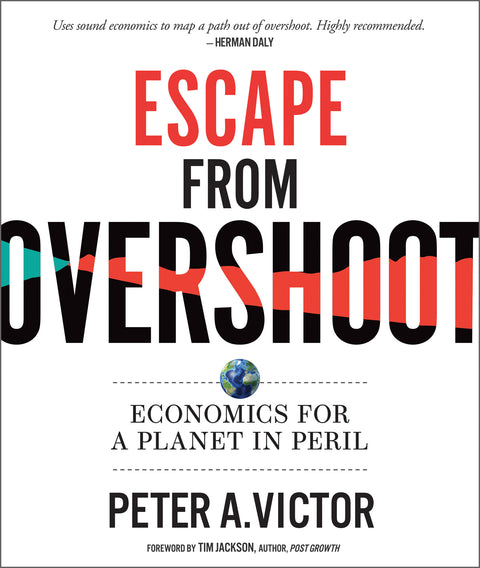I really should read some definitive works on what we know about the "Bread and Circuses" period of the Roman Empire. According to Wikipedia,
"It is attributed to Juvenal (Satires, Satire X), a Roman poet active in the late first and early second century AD, and is used commonly in cultural, particularly political, contexts.
In a political context, the phrase means to generate public approval, not by excellence in public service or public policy, but by diversion, distraction, or by satisfying the most immediate or base requirements of a populace,[1] by offering a palliative: for example food (bread) or entertainment (circuses). Juvenal originally used it to decry the "selfishness" of common people and their neglect of wider concerns.[2][3][4] The phrase implies a population's erosion or ignorance of civic duty as a priority.https://en.wikipedia.org/wiki/Bread_and_circuses"
On fall Saturdays and Sundays in contemporary America, the major circus is American football - either or both NCAA games or NFL ones. But change the calendar a bit and it could be baseball, basketball, or ice hockey. Team sports are particularly the biggest attention grabbers. And yes, I understand the desire to distract ourselves from the mundane or spiritless elements of contemporary lives by being spectators of team sports. As a youth I was hooked on following team sports and playing a few in my neighborhood and schools. Even today at 75 I've been playing competitive softball. So I'm not against team sports as a fun and potentially positive force on us as individuals.
But there are some larger issues of growing concern that are rarely discussed or considered. This is the focus of this brief post. 25 years ago, since I felt there were legitimate concerns that were not being considered or discussed, I wrote in a professional library journal about "Beneath the Surface: The Unintended Consequences of Information Technology". In that context my concerns were with the following:
- Speed
- Info glut
- Cultural amplification
- Alienation and demise of community
- Status
With our mesmerization with team sports my concerns are:
- Increasing commercialization of sports
- Demonization of opponents
- Sole focus on winning
- Solidification of competition as the dominant human driver
- Incredible sums given to some individuals
- How all of these are in conflict with the our role as a species in the community of life
I happened on a college football game yesterday and saw the violence inflicted on the human body and of course a recent death of a college football player from the affects of a game. There is a celebration of war in the air, where vanquishing the enemy at any cost is an elixir inhaled by players and fans alike. We line up and call our fellow competitors, foes. The frenzy of the mostly white fans, especially the young males, is palpable. Since the cost of tickets is ridiculously high, only middle and upper classes can afford to attend. The enormous sums now going to certain individual athletes, not to mention team owners, is absurd and a driving factor for the increase in ticket prices. Just tune into any of the professional leagues on broadcast tv and note the absence of people of color in the stands as opposed to the participants in the game.
The bleeding of this ethos, that winning is everything, has seeped into the politics of our time. The new administration coming to Washington in a matter of weeks is loaded with the economic winners worth more than $340 BILLION. That's not million, it's BILLIONS or 340,000 millions. The wealth of billionaires already a staggering amount a decade ago has more than doubled since then. This is the outcome you get when you follow the mantra that winning is everything.
Of course the other side of the coin are the losers. All the rest of us are losers, especially the young and yet to be born who will have to cope with a wounded planet no longer the relatively stable one for human life it has been since we became an upright species. Given that the rich are responsible for burning grossly more fossil fuels, that destabilizes the climate and ecology that provides us life support, it just adds more proof to the failures of winning is everything.
Now that the winners have purchased control of government here and are preparing to lock-in that control while increasing their personal winnings, the road back to sanity that nurtures and supports an ethos of cooperation, compassion, and conservation must be our response. Let me leave just one example of what committed cooperative efforts can inspire.
Ridwell is a waste reduction business now operating in seven major
metropolitan areas - Seattle, Portland, Denver, Atlanta, Austin, Los Angeles, Bay
area,and Minneapolis-St. Paul. It is now a certified B Corporation but it started out as a neighborhood effort in Seattle

"It all started with a son, a dad, and a bag of batteries…
Ryan knew that batteries had chemicals in them so began researching where in Seattle to dispose of them. This was not an easy task. Locations start and stop accepting batteries and it wasn’t until Ryan’s third call that he found a safe destination.
Thinking
that neighbors might also have dead batteries, Ryan decided to see if
he could take others along the way: a recycling carpool.
Owen was thrilled. He and Ryan started scrounging around their house for other things they could recycle: light bulbs, electronics, clothes hangers, Styrofoam, plastic bags, clothing, and even Halloween candy!
Each time, Ryan and Owen would tell their neighbors so they could also save their stuff from landfills. Pickups got bigger and bigger and eventually word spread beyond Ryan and Owen’s neighborhood.
Soon, the demand was too high to be handled by just a dad and his six year old. Aliya, Justin, and David jumped in to help with pickups, donations, and spreading the word around town.
Still, demand continued to grow and we decided that there just might be enough people who shared our vision of the future. And so we founded Ridwell, a solution you can always count on to get rid of things the right way."
This is the type of win-win-we-all-win approach that is needed.
You can read more about this and other efforts in the Pultizer Prize winning author Edward Hume's new book, Total Garbage: How We Can Fix Our Waste and Heal Our World.
Just in the past 24 hours I've learned about two distinctive approaches to building a sustainable future that seem worth delving into. In both tone and depth they appear to be particularly useful for our time. The invoke the spirit of cooperation. Maybe one or both of them will fuel something useful to you.
Rock Creek Institute https://rockcreekinstitute.org/
Berggreun Institute https://berggruen.org/




